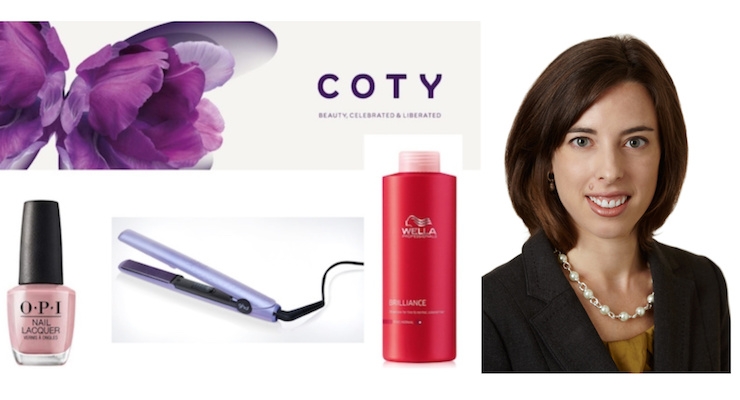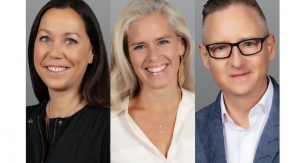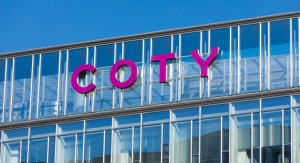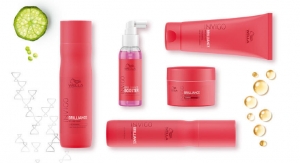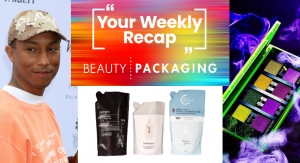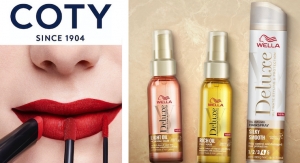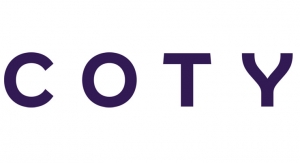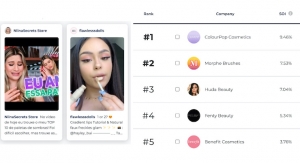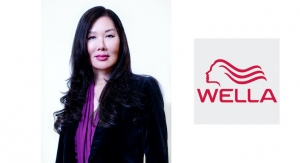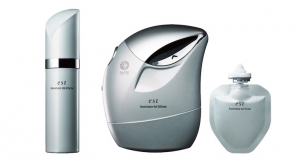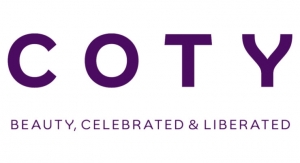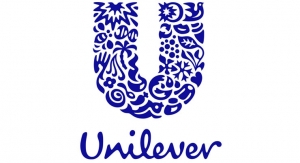Carrie Mellage, Vice President of Kline’s Consumer Products Practice11.07.19
Wella and its sister brands are on the block again after Coty’s recent announcement regarding its plans to sell its professional beauty division. Ranking #2 in the global professional hair care market, according to Kline’s Salon Hair Care Global Series, makes Coty an attractive business to potential buyers.
Drawing on 60 years of knowledge in the beauty industry, Kline—a leading market research and consulting firm—has analyzed some of its staple brands in the professional hair care segment as well as the potential new owners of them.
Since acquiring Wella, which is the #1 professional color brand globally, Coty has been fiercely expanding its presence in some strategic salon hair care markets such as China, Japan, Brazil, and even L’Oréal-dominated France. Wella has gained 1.3% share points ahead of L’Oréal Professionnel, its closest competitor in the hair coloring segment, since it was acquired from Procter & Gamble in 2015, finds Kline’s Salon Hair Care Global Series. The brand has developed a two-tier strategy focusing on selling its hair coloring products in salons while also expanding in the retail area. Moreover, Coty continues to be at the forefront of innovation with launches such as Koleston Perfect with ME+ technology and Wella Color DJ device, as well as other comprehensive offerings in customized care through its newly restructured line of System Professional.
In the professional nail care space, OPI continues to be the global leader with a strong presence across the globe. The brand holds a 24% market share in the United States, according to Kline’s Professional Nail Care: Global Market Brief, and continues to stay on top of market trends, establishing itself in the fast-developing dipping powders segment.
L’Oréal, the distant market leader in the global professional hair care industry, is not a likely suitor for the hair brands. The company likely would not receive regulatory clearance, as this would give it control of more than one-third of the global market and over 40% of the European market. The beauty titan also seems more focused on buying indies, not legacy brands. However, OPI or GHD may be interesting for L’Oréal, as professional nail care and hair appliances are two of the few spaces in the beauty industry where L’Oréal does not hold a leadership position.
Henkel is a likely candidate, as it has already been on a heavy M&A path the last few years following a rapid string of acquisitions, albeit of much smaller U.S. brands. These acquisitions helped Henkel solidify the #2 spot in North America. It has ranked a distant #3 globally for years.
If Henkel were to acquire Coty’s professional hair care brands, it would put the company within close reach of #1—only two share points away from L’Oréal. However, challenges exist, as Henkel’s biggest brand in the portfolio is German color-focused brand Schwarzkopf Professional, and this could result in a potential conflict of interest with Wella. Looking at individual brands in the portfolio, one great fit could be Nioxin, as it would fill Henkel’s gap in scalp care offerings and bolster its growing strength in the United States.
Kao is another potential buyer. It would put Japanese Kao in a new sphere within the salon hair care market, placing it solidly at #2. However, its Goldwell brand has a long competitive history with fellow German brand Wella. This may prove to be a challenge when it comes to integration, assuming the company can get past any regulatory clearance, which may also be an issue.
Unilever is another possible contender. It has been showing signs of reestablishing itself in the professional arena with TIGI’s salon-only Copyright Care line. Wella could definitely find a home in Unilever’s more retail-focused portfolio. “With TIGI and Living Proof, Unilever has its strength in hair styling products and hair care with only limited presence in hair color. Acquiring Wella would not only balance its portfolio but would also give the marketer an entry ticket to many salons,” comments Agnieszka Saintemarie, Industry Manager of Kline’s Consumer Products Practice.
Henkel, Kao, and Unilever—each with annual revenues well north of $10 billion—should all be able to absorb the Coty brands without too much difficulty, unlike the situation Coty found itself in when the brands it acquired overshadowed its existing business.
Within the broader beauty industry, we may see interest from foreign firms like Amorepacific (South Korea) or Natura (Brazil), which are both actively growing their businesses abroad, or from long-established multinationals like Colgate-Palmolive, which has already been dipping its toe in the professional beauty arena with its acquisition of professional skin care brands in 2017. Certainly, financial and private-equity firms should also be interested in considering this business.
Photos: Coty logo and products via Coty Professional Beauty
Photo on Right: The author, Carrie Mellage, Vice President of Kline’s Consumer Products Practice

